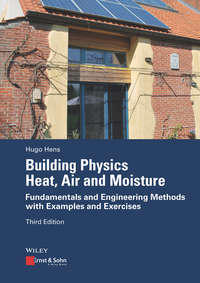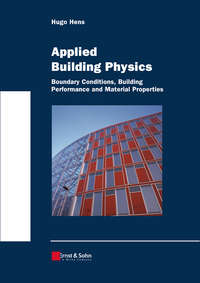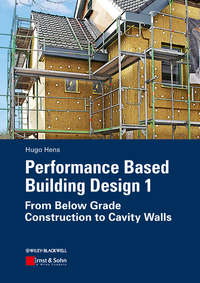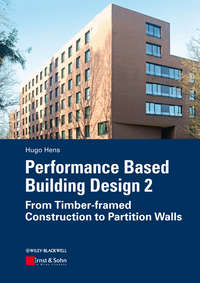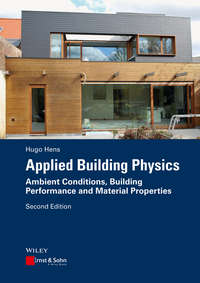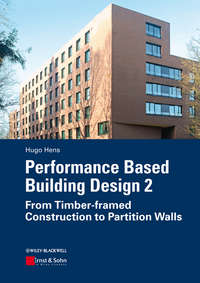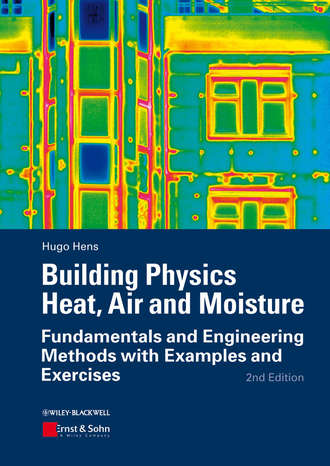
Полная версия
Building Physics - Heat, Air and Moisture. Fundamentals and Engineering Methods with Examples and Exercises
Bad experiences with construction quality, the energy crises of 1973 and 1979, complaints about 'sick buildings', thermal, acoustical, visual and olfactory discomfort, the need for good air quality, the move towards more sustainability, all have accelerated the development of a field, which until some 40 years ago was hardly more than an academic exercise: building physics. Building physics combines several knowledge domains such as heat and mass transfer, building acoustics, lighting, indoor environmental quality and energy efficiency. In some countries, also fire safety is included. Through the application of existing physical knowledge and the combination with information coming from other disciplines, the field helps to understand the physical phenomena governing assembly, building envelope, whole building and built environment performance, although for the last the wording «urban physics» is used. Building physics has a true impact on performance based building design. This volume focuses on heat, air, moisture transfer and its usage in building engineering applications.


